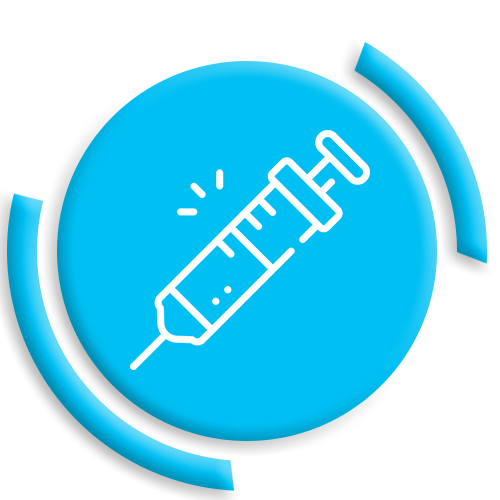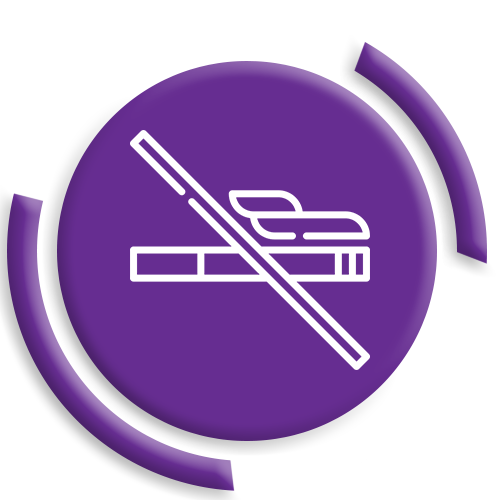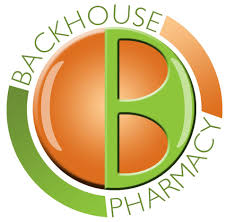Shingles Vaccination Service
Shingles is caused by the same virus as chickenpox – the herpes-zoster virus. Once you have the virus, it remains in your body, and can become active again in later life where it develops into shingles.
What is shingles?
Of the 95% of adults who’ve had chickenpox, around a quarter will go on to develop shingles* – and it’s more likely to happen as you get older. It can be reactivated when your immune system weakens due to increasing age, stress, or certain conditions and treatments e.g. cancer or HIV.

Why get a shingles vaccination?
Shingles can be very painful and the older you are, the worse it can be. Although most people fully recover from shingles, some can be left with long-term nerve pain that continues for months or even years after the blisters and rash have healed – this is called post-herpetic neuralgia (PHN). The older you are, the higher the chance of developing PHN as a result of shingles.
The vaccine not only helps reduce your risk of developing shingles, but can lessen the severity and duration of any symptoms if you do, as well as cutting your risk of developing PHN.
The are two shingles vaccines currently available in Ireland, one is a live vaccine called Zostavax (given as one dose) and the other is a recombinant vaccine called Shingrix (given as a two dose).
Studies have shown that four months after two doses of the Shingrix vaccine that its efficacy at preventing shingles was as follows:**
• Aged 50 to 69 years 100%
• Aged 70 to 79 years 93%
• Aged 80 years and older 71%
• Studies have shown that three months after one dose of the Zostavax vaccine that its efficacy at preventing shingles was as follows:**
• Aged 50 to 59 years 70%
• Aged 60 to 69 years 64%
• Aged 60 to 79 years 41%
• Aged 80 years and older 41% at 5 years
• If you do get shingles, the vaccine can also help reduce the severity of the symptoms and also the risk of developing post herpetic neuralgia (PHN), the long-lasting nerve pain that follows shingles.
What are the symptoms of shingles?
Generally, symptoms range from mild to severe. Shingles starts with some initial pain and tingling, before developing into a rash with blisters that can be itchy, painful and last for about 2-4 weeks. The rash usually only affects the upper body on one side, but can also develop on the head, neck and around the eyes.
Who’s at risk from shingles?
Anyone who’s had chickenpox is at risk of developing shingles, as the virus remains in certain nerves of the body and can become active again as time goes on. You may be at greater risk if you:
• Have a weakened immune system
• Are aged over 50
• Have become ill
• Are under significant stress
Who is the shingles vaccination suitable for?
There are two shingles vaccines available in Ireland, one is called Zostavax and the other is called Shingrix. They can both be given to people aged 50 or over. The shingles vaccine called Shingrix can in addition be given to people aged 18 to 49 years who are at increased risk of getting shingles. You can get the vaccination year-round. If you’ve had shingles before, you can still have the vaccination provided it's been over one year since you have had shingles.
It is recommended to leave a gap of at least seven days between getting the COVID-19 vaccination and a shingles vaccination.
Who should NOT get the shingles vaccine?
The shingles vaccine is not recommended if pregnant. If breastfeeding talk to your doctor to check if getting the vaccine at this time.
You shouldn’t get the shingles vaccine if you have a history of severe allergic reaction to any of the shingles vaccine components.
The live shingles vaccine is also not recommended for those who have a condition, take medicines or are receiving treatment that weakens their immune system or anyone who’s had a previous shingles vaccination.
If you have thrombocytopenia or any coagulation disorder, talk to your pharmacist as you may not be eligible to get the vaccination in the pharmacy.
If you’re in any doubt, talk to your pharmacist, who can give you more information about the vaccination and advise whether it’s suitable for you.
It is recommended to leave a gap of at least seven days between getting the COVID-19 vaccination and a shingles vaccination.
Two-dose Shingles vaccine:
Cost €480 ( €240 per vaccination dose)
Our Services
-

Pre-order a prescription
Order Here -

Flu Vaccination Service
Book Here -

Covid Vaccination
Book Now -

Morning After Pill
Order Now -

Erectile Dysfunction
Order Here -

Smoking Cessation
Start Here










